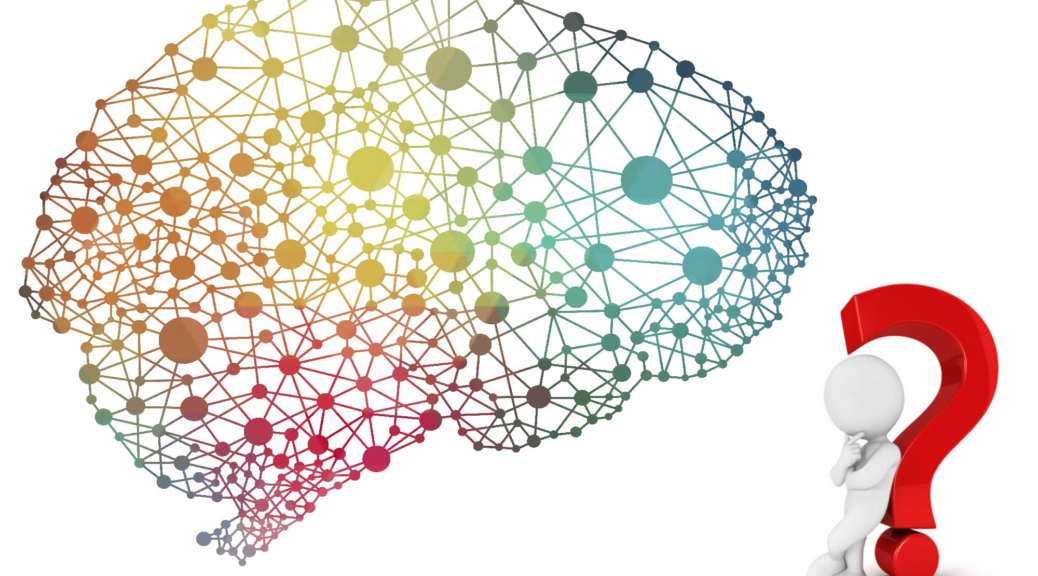On Neurodiversity: Part III: What is the Neurodiversity Paradigm?
Author’s Note: I no longer particularly like some of the ideas in the post, which I now think are a bit oversimplified. If you want an updated take on my view of neurodiversity, I wrote an article at https://doi.org/10.1159/000523723. In Part II of this series, I discussed a lot of the basic ideas that still motivate my approach to neurodiversity. I argued that we presently lack a clear, consistent definition of neurodiversity, and I illustrated how this ambiguity hinders our…
